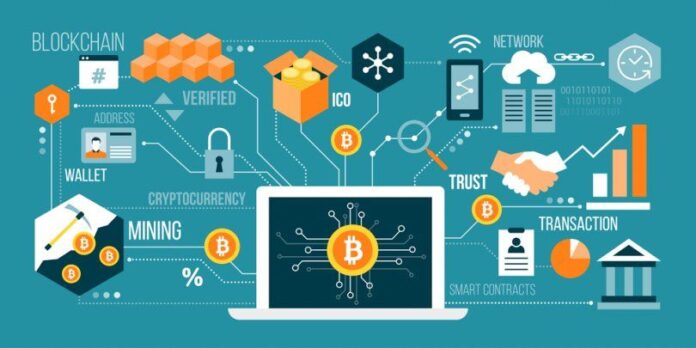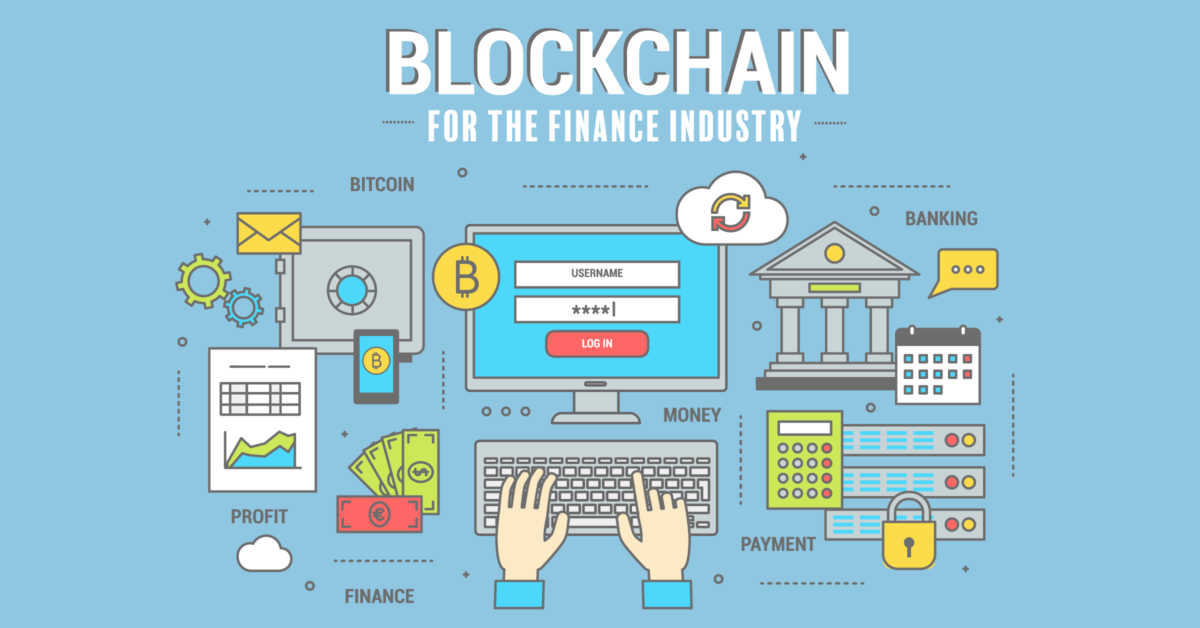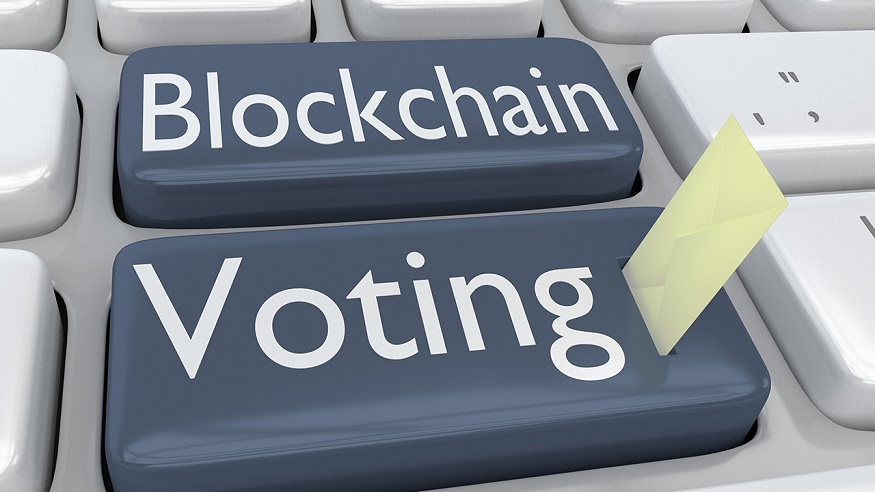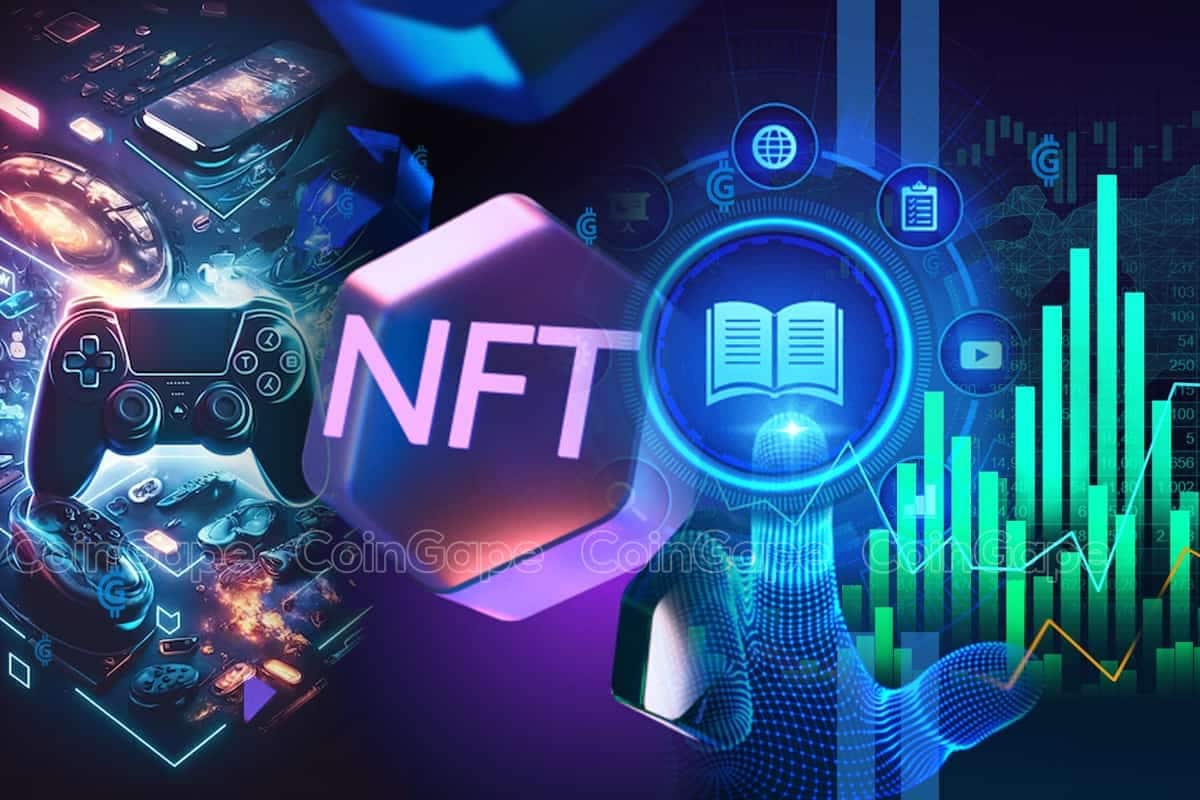
Blockchain technology has evolved far beyond its origins in cryptocurrency, finding applications across a variety of industries and revolutionizing traditional systems with its unique attributes of transparency, security, and decentralization.
As we navigate through 2024, the scope of blockchain’s impact is expanding, providing numerous opportunities for innovation and efficiency in various sectors. This article delves into the top blockchain uses and opportunities that are shaping the landscape this year.
Stefan Matthews, an expert in the field, predicts that 2024 will be a pivotal year for blockchain, highlighting its potential for real-world applications and revenue generation.
Finance and Banking

The finance and banking sector remains at the forefront of blockchain adoption. Blockchain’s ability to streamline and secure transactions makes it ideal for cross-border payments, reducing the need for intermediaries and lowering transaction costs. Additionally, blockchain’s immutable ledger ensures transparency and fraud prevention, essential for banking operations.
Supply Chain Management
In 2024, blockchain is significantly enhancing supply chain management by providing end-to-end visibility and traceability of goods. This transparency helps in verifying the authenticity of products, reducing counterfeiting, and ensuring regulatory compliance.
Blockchain-enabled supply chains can swiftly adapt to disruptions by offering real-time data, which improves decision-making and operational efficiency. Industries like food, pharmaceuticals, and luxury goods are particularly benefiting from these advancements.
Healthcare

Blockchain technology is transforming the healthcare sector by enhancing data security and interoperability. Patient records stored on a blockchain are immutable and easily accessible, reducing errors and improving patient care.
Blockchain ensures data privacy and compliance with regulations like HIPAA, while also enabling secure sharing of medical information among healthcare providers. This year, blockchain-based solutions are also aiding in the tracking of pharmaceuticals from production to patient, preventing fraud and ensuring the integrity of the supply chain.
Real Estate
Real estate transactions are becoming more efficient and secure with the help of blockchain. Smart contracts facilitate property sales by automating processes and reducing the need for intermediaries, which speeds up transactions and lowers costs. Blockchain’s transparent ledger ensures that all parties have access to the same information, reducing disputes and fostering trust.
Voting Systems

Blockchain is addressing the need for secure and transparent voting systems. Traditional voting methods are often plagued by issues such as fraud, tampering, and low voter turnout. Blockchain-based voting systems provide a tamper-proof ledger of votes, ensuring each vote is counted accurately and cannot be altered.
This technology enhances voter confidence and can potentially increase participation by offering remote voting options. Several countries and organizations are piloting blockchain voting systems in 2024, aiming to revolutionize how elections are conducted.
Digital Identity Verification
Blockchain is solving the challenges associated with digital identity verification. Traditional identity systems are susceptible to breaches and fraud, but blockchain’s decentralized nature offers a more secure solution. Individuals can control their digital identities, sharing only the necessary information with service providers.
Gaming and NFTs

The gaming industry is leveraging blockchain for new revenue streams and enhanced player experiences. Non-fungible tokens (NFTs) represent unique digital assets that players can own, trade, and monetize.
Blockchain ensures the authenticity and provenance of these assets, making them valuable in virtual worlds. Game developers are creating decentralized platforms where players have true ownership of in-game items, fostering vibrant virtual economies and community engagement.








